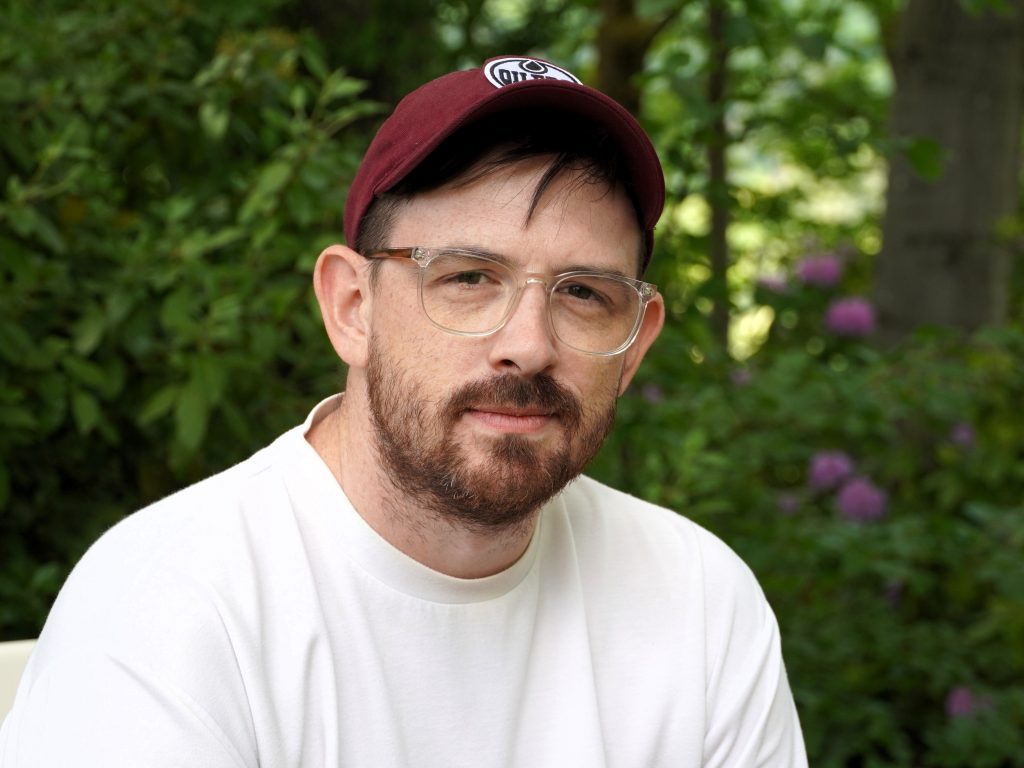Jackson Ryan – Journalist in Residence 2025

From April to October 2025, Australian science journalist Jackson Ryan was the 13th Journalist in Residence at the Heidelberg Institute for Theoretical Studies (HITS).
Ryan is an award-winning science journalist and trained scientist with a PhD in pharmaceutical and medical science. Over the past eight years, he has built an extensive career as both a staff and freelance writer. From 2019 to 2023, he served as Global Science Editor at the US tech publication CNET, and until February 2024, he was a science and tech reporter at the Australian Broadcasting Corporation (ABC). Since then, he has worked as a freelance journalist, with his writing on science and technology appearing in The New York Times, The Guardian, The Saturday Paper, The Monthly, and Nature.
Ryan’s work focuses primarily on longform, narrative nonfiction, spanning a wide array of scientific disciplines – from astronomy, climate, and Earth sciences to biology, big tech, health, and physics. His longform feature on climate change in Antarctica earned him Australia’s prestigious Eureka Prize for Science Journalism in 2022. He currently serves as President of the Science Journalists Association of Australia.
During his residency at HITS, Ryan delivered a public lecture at Heidelberg University’s Interdisciplinary Institute for Scientific Computing (IWR) titled “Science, Fiction: Uncovering Research Misconduct Without Eroding Trust.” In an internal seminar, he provided HITS researchers with engaging insights into the work of a science journalist and shared his firsthand experiences from the newsroom. He also visited the Science Media Center (SMC) in Cologne and traveled across Germany, Austria, Greece, and Italy to exchange ideas with scientists and journalism peers.
“I had many memorable encounters,” Ryan reflects. “There are lots of young researchers who are interested in science journalism and science communication and just running into them in the corridor – those were the most memorable encounters for me.”
At the end of his stay, on 22 October 2025, he delivered a public lecture at the German-American Institute Heidelberg (DAI), sharing insights from his 50-day expedition to Antarctica to an audience of nearly 200 people. He emphasized how strong collaboration between scientists and journalists can both improve public understanding and help safeguard the continent’s delicate ecosystem.
After his residency, Ryan intends to create a dashboard that will enable journalists in Australia and beyond to spot research misconduct and retractions, even if they lack previous experience in this field.
Reflecting on his time at HITS, he says: “For me this experience was about expanding my horizons. The connections that I’ve made with scientists and other journalists have strengthened my projects. You don’t really get an opportunity to do something like this in Australia. It’s great to be able to come to a beautiful place like Heidelberg and do it.”
About HITS
HITS, the Heidelberg Institute for Theoretical Studies, was established in 2010 by physicist and SAP co-founder Klaus Tschira (1940-2015) and the Klaus Tschira Foundation as a private, non-profit research institute. HITS conducts basic research in the natural, mathematical, and computer sciences. Major research directions include complex simulations across scales, making sense of data, and enabling science via computational research. Application areas range from molecular biology to astrophysics. An essential characteristic of the Institute is interdisciplinarity, implemented in numerous cross-group and cross-disciplinary projects. The base funding of HITS is provided by the Klaus Tschira Foundation.